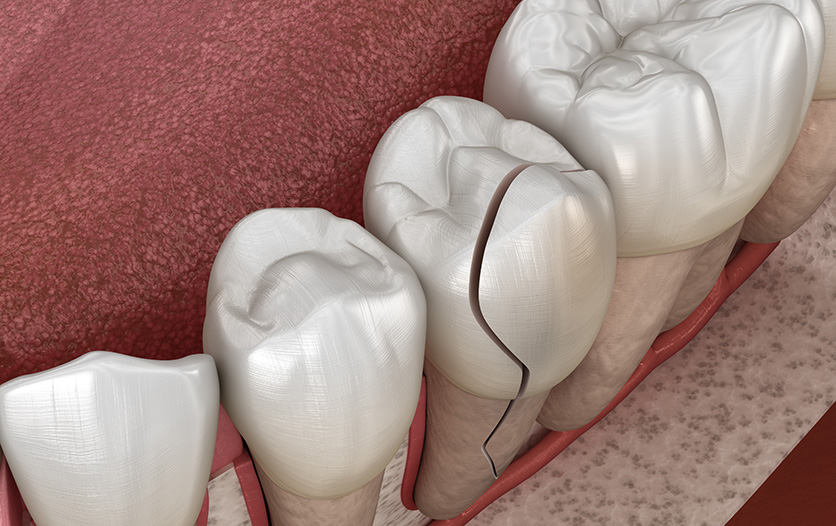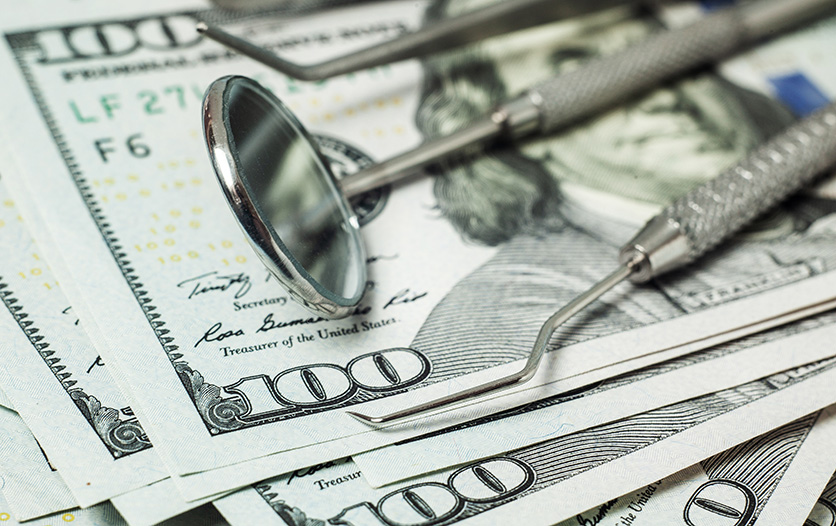
How Does Fluoride Toothpaste Clean Teeth?
Toothpaste is a commonly used, readily available paste or gel that is applied to teeth with a toothbrush. It acts as a gentle abrasive to remove stains by cleaning and polishing teeth and gums by removing plaque and food particles. The level of effectiveness of one toothpaste over another is largely dependent upon the presence of fluoride. Fluoride has proven to be hugely effective in preventing tooth decay. It is a mineral naturally found in our soil and water. Fluoride strengthens the outer layer of our teeth, known as enamel.
How does Fluoride prevent tooth decay?
Tooth enamel contains a compound called hydroxyapatite, a type of calcium phosphate. Though stronger than bone, enamel can be weakened over time. It all starts with bacteria found in our mouths and on our teeth. When toothbrushing is not done effectively, bacteria is allowed to build up. This buildup of bacteria is called plaque and it can metabolize sugary food and drink, thereby generating acid. This acid then breaks down, or dissolves, the hydroxyapatite compound within the enamel. This breakdown within the tooth enamel creates calcium and phosphate ions. This is where fluoride is so effective. When fluoride is introduced, it combines with the calcium and phosphate ions and creates a new compound called fluorapatite. Fluorapatite is then absorbed back into the tooth as reformed enamel. Not only is it reformed, but it’s strengthened. It takes a higher level of acid to dissolve fluorapatite than it does hydroxyapatite so this remineralized enamel is more resistant to tooth decay.
Why is Oral Health Important?
When the tooth’s enamel is weakened, bacteria can penetrate the tooth and cause holes, or cavities. If the cavity is left untreated, bacteria can infect the root of the tooth. It can also create a deeper infection called an abscess which can be very painful. Most would agree that proper oral care is vital to healthy teeth and gums, but you may be surprised how important it is to your overall health. Research is beginning to uncover a connection between poor dental health and physical ailments such as heart disease, cancer, diabetes, Alzheimer’s, and more. Good oral preventative care should not be overlooked or minimized as a significant contributor to living a healthy life.
What Comprises Good Oral Preventative Care?
- See your dentist regularly for cleanings and check-ups. Request appointment here.
- Brush your teeth at least twice a day with a soft bristled brush and fluoride toothpaste
- Floss daily to prevent plaque buildup between teeth
- Reduce sugar intake
- Replace your toothbrush every three or four months
- Hold your toothbrush at a 45-degree angle to the gums
- Brush back and forth in short (tooth-wide) strokes, being sure to brush all surfaces
Request an appointment here or call Evers Dental at (937) 492-1790




